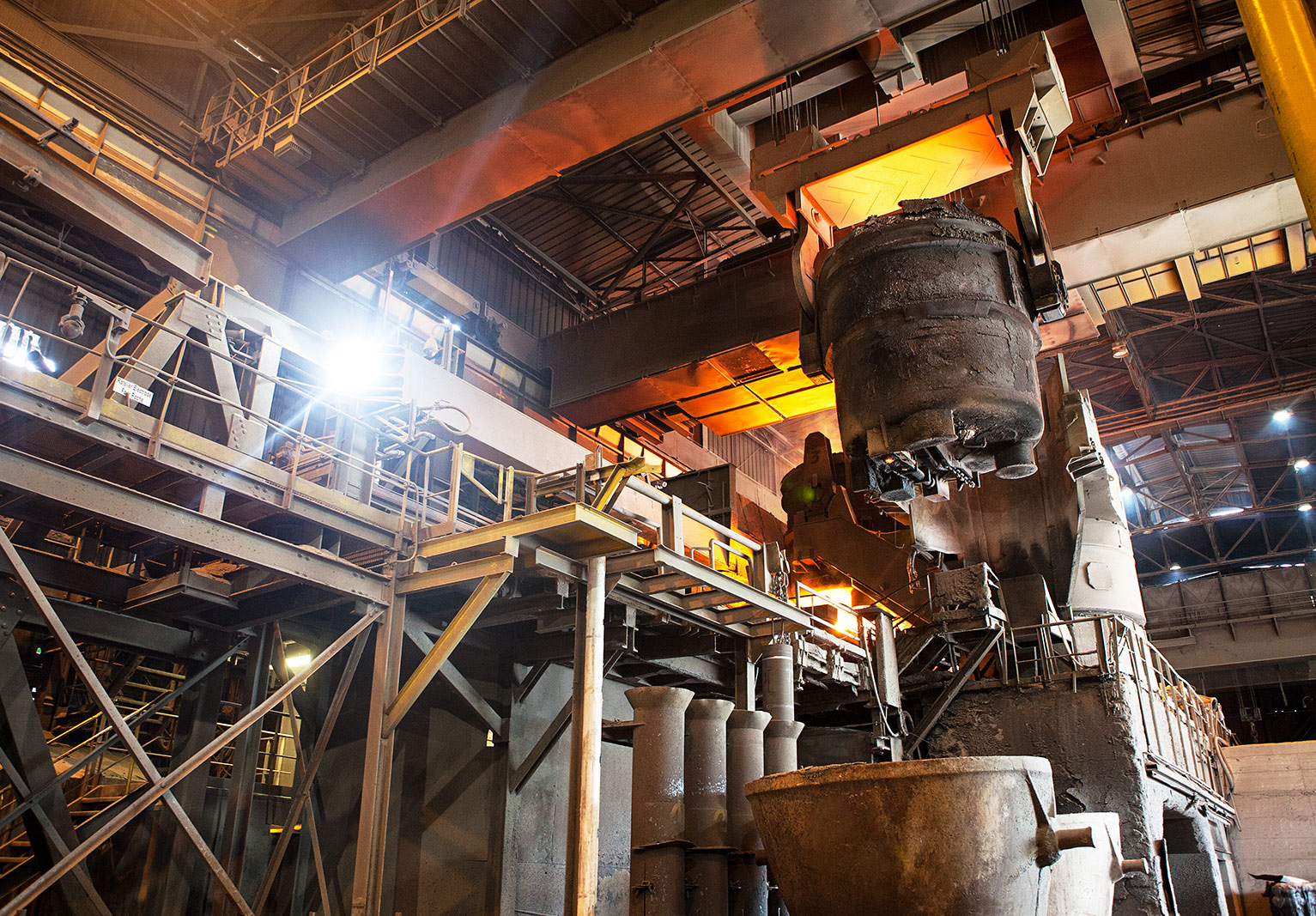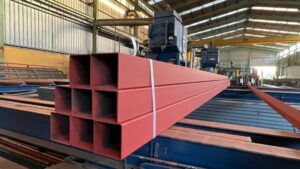Salzgitter, Germany’s third largest steelmaker, has declared force majeure due to inclement winter weather conditions which have impacted transportation of its steel deliveries via road, rail and inland waterway, the company confirmed to S&P Global Platts Feb. 15. Thyssenkrupp, Germany’s largest steelmaker, said it was facing plant disruption due to the weather “aggravating conditions”.
A Salzgitter spokesperson confirmed a letter to customers from Feb. 10 that there have been “dramatic” weather conditions with no relief on shipments yet.
Both Salzgitter and Thyssenkrupp have been impacted by snowfall and strong winds as extreme winter weather conditions have hit Germany in recent days.
Salzgitter’s letter to customers stated that the Salzgitter-Beddingen freight station, which is important for the rail transports of several Salzgitter Group companies, could not be accessed at this moment, with train congestion throughout the entire rail freight network.
“Since the continuous supply of raw materials and inert gases, which is absolutely necessary for our plant, has come to a standstill in the meantime, we can no longer exclude production disruptions in the next few days. Until further notice, it is not possible to ship goods by rail or inland railway,” the letter said.
A source close to the matter said customers have been informed of the disruption in the supply chain due to weather conditions out of the mill’s control.
“It is a precautionary measure, as last week has seen all the weather-related road and railway blockages; so far we have only seen a few not that significant deliveries,” a German trader said. “For the next days higher temps are forecast, even up to 10-13 degrees, this could cause issues with water levels and some isolated flooding remains to be seen.”
The same source said that the weather in Dusseldorf was expected to turn warmer in the coming days.
S&P Global Platts assessed Northern European hot rolled coil prices at Eur730/mt ex-works on Feb. 12, up Eur10/mt on the day and their highest level since Sept, 1 2008, on tight supplies in a market where demand is now widely recovering from the impact of last year’s coronavirus restrictions.
Thyssenkrupp – some easing
Steelmaker Thyssenkrupp also sent a customer letter Feb. 11 declaring an “aggravation of the supply situation”. A Thyssenkrupp spokesperson told Platts that starting Feb. 15 the steelmaker was seeing some easing of the supply situation.
In the customer letter, Thyssenkrupp said that on top of demand outpacing production since summer 2020 which has led to production delays, the producer is facing disruptions within the plants caused by the weather conditions. “We are currently not able to foresee the full impact of these exceptional circumstances. We expect this to delay the normalization of the supply situation significantly.”
“As the only region in Germany we have not only been facing the complete stoppage of public railroad lines, but also the first-time ban on the transport of hazardous goods on public roads. The supply of materials that are necessary for our production is still not secure due to the interruption of supplies – for example of hydrogen.”
Thyssenkrupp said it would attempt to increase production by purchasing pre-materials, “despite the economic disadvantages this involves”.
In recent days, German steel deliveries have been hindered by blocked railway tracks and rising water levels on the Ruhr and Rhine rivers after Storm Darcy hit northern Germany Feb. 7.
Shipping was halted for a few days due to the water levels, but was able to resume Feb. 8 with all vessels loaded at just 50-60% capacity and buyers needing to pay extra for deliveries.
Thyssenkrupp has a crude steel capacity of 11 million mt/year. Salzgitter produced 6.6 million mt of crude steel in 2019.
— Amanda Flint, Laura Varriale






